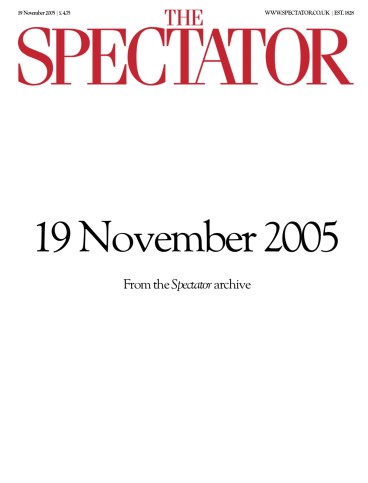The discreet charm of sewers
Public visits to the sewers of Vienna are rare: the clammy atmosphere can cause breathing problems. Nevertheless in 1994 I visited them with a local Graham Greene enthusiast, Brigitte Timmer- mann. Greene’s darkest entertainment, The Third Man, ends with a shoot-out in the Vienna sewers and the death of the penicillin racketeer Harry Lime. With

